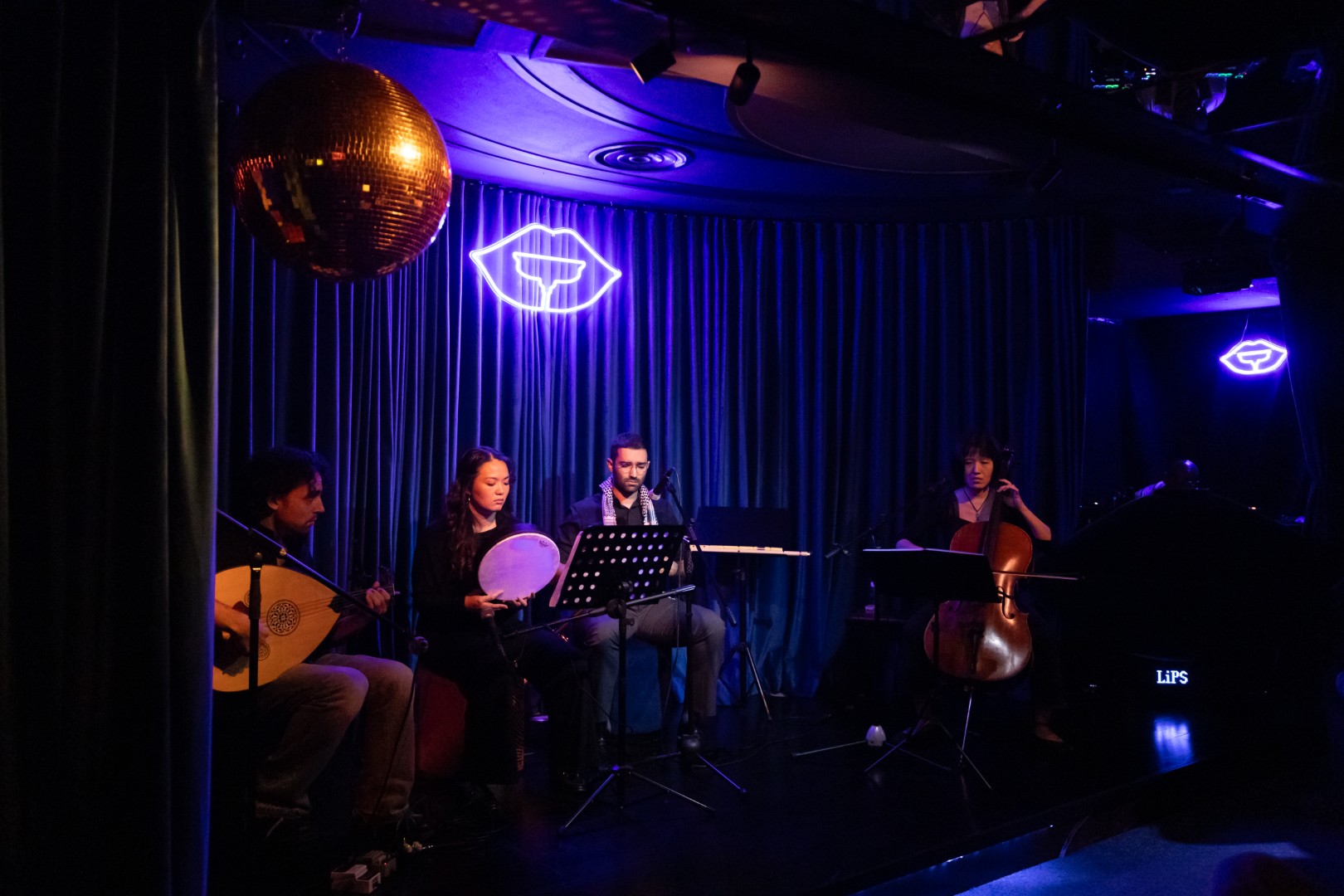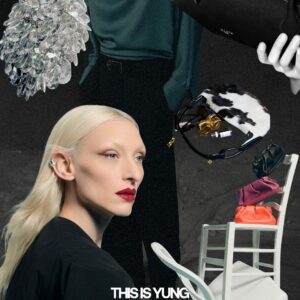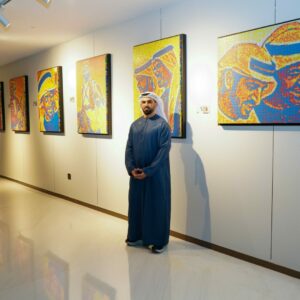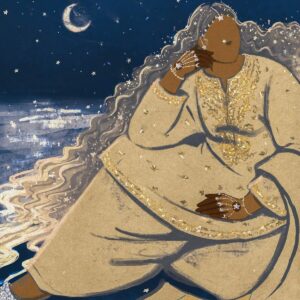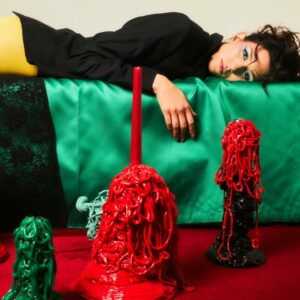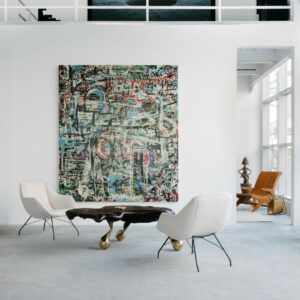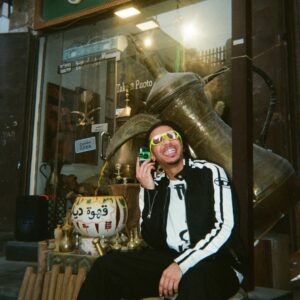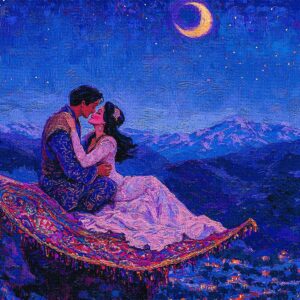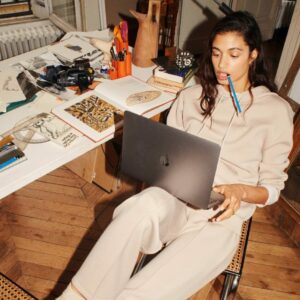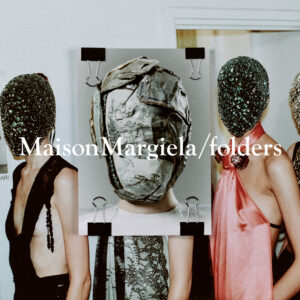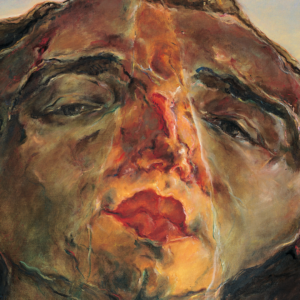From war-torn Damascus to the cosmopolitan energy of Hong Kong, Serene Debs is a multi-media artist and something of a cultural ambassador. Through her project Make Du Si (Instagram), Debs introduces Levantine traditions, from cured eggplants to ancient printing techniques, to a region where the Middle East is largely misunderstood or invisible. Here, we discover her mission, her roots, and the resilience behind her art.
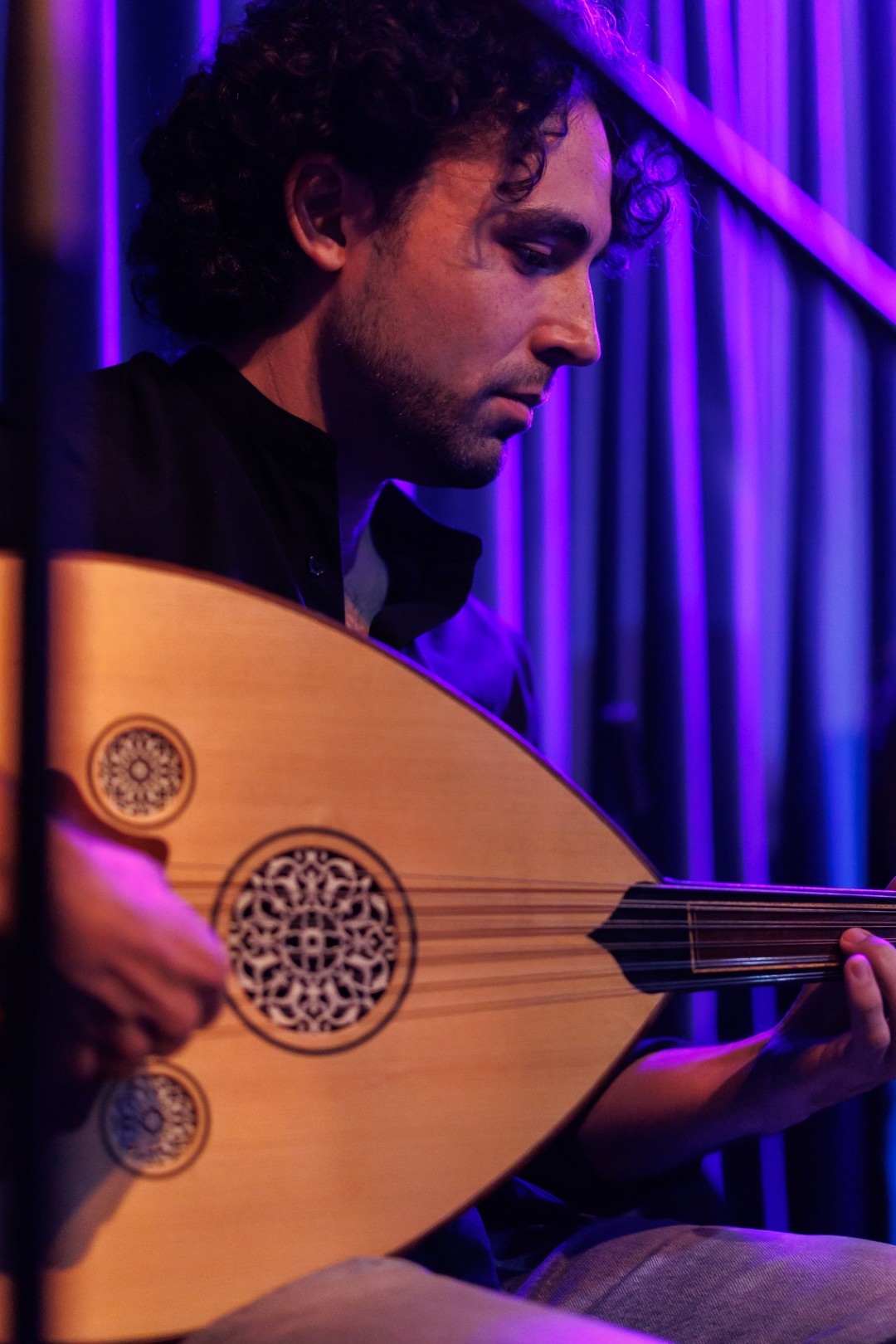
Sere
ne Debs, welcome. Can you tell us a bit about your artistic practice and how it led you to create Make Du Si?
I’m a multi-media artist, working across installation, painting, drawing, and sculpture. But beyond just creating, I’ve always seen my role as a cultural bridge-builder. I founded Make Du Si as a way to connect the Levant with Hong Kong, not just through art, but through food, music, craft, and community. The name itself is the Cantonese pronunciation of Makdous, a traditional Levantine dish of cured eggplant, which became a symbol of our shared heritage and a starting point for storytelling.
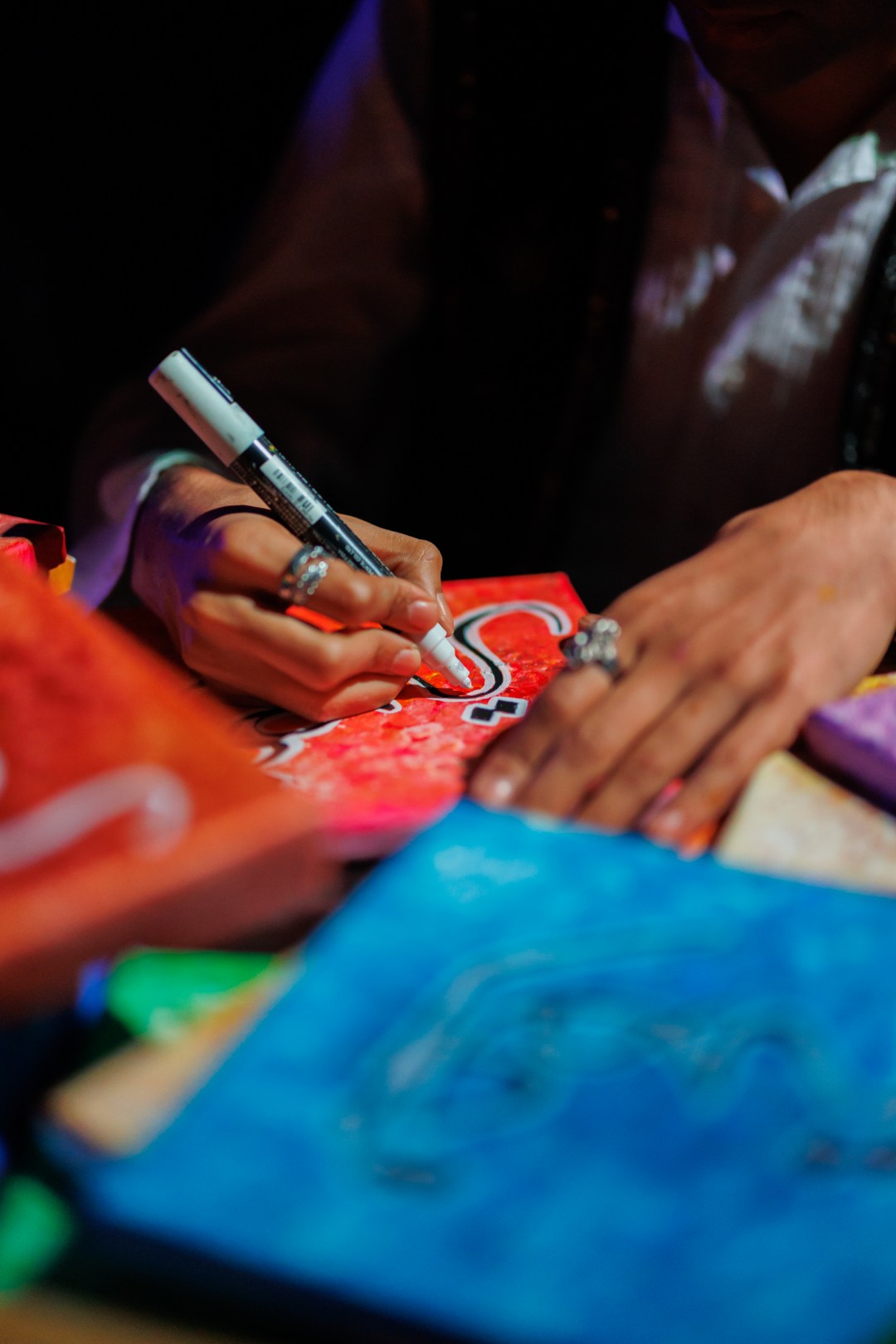
You’ve described yourself as a “cultural ambassador.” How did that identity come about?
The term came from necessity. In Hong Kong, there’s almost no diplomatic or cultural representation for the Levant, or the Middle East more broadly. After founding an arts and music collective in Syria, I felt compelled to share the immense talent and richness of our culture in a place where it’s often entirely absent. Most people here don’t even know where our countries are on the map, if they do, it’s usually through the lens of conflict. I wanted to change that narrative.
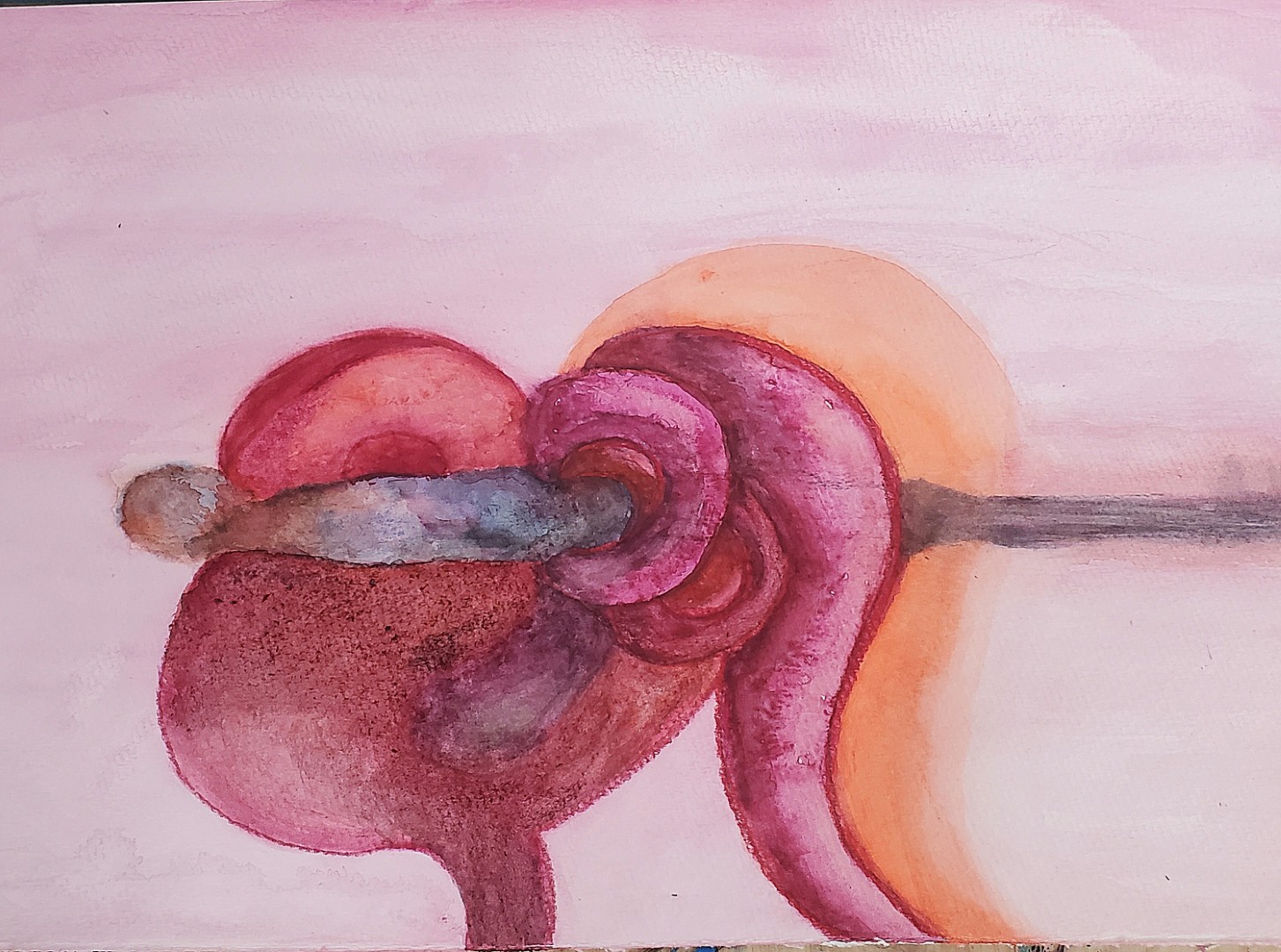
How has your personal history shaped this mission?
My roots are deeply intertwined with both regions. My grandfather migrated to China for business, and my father was born in Hong Kong. I’ve held a Hong Kong ID my entire life, but only began using it after university. So moving here felt natural, like continuing a family legacy. I’ve always believed the future is in Asia, and that there’s so much untapped connection between our cultures.
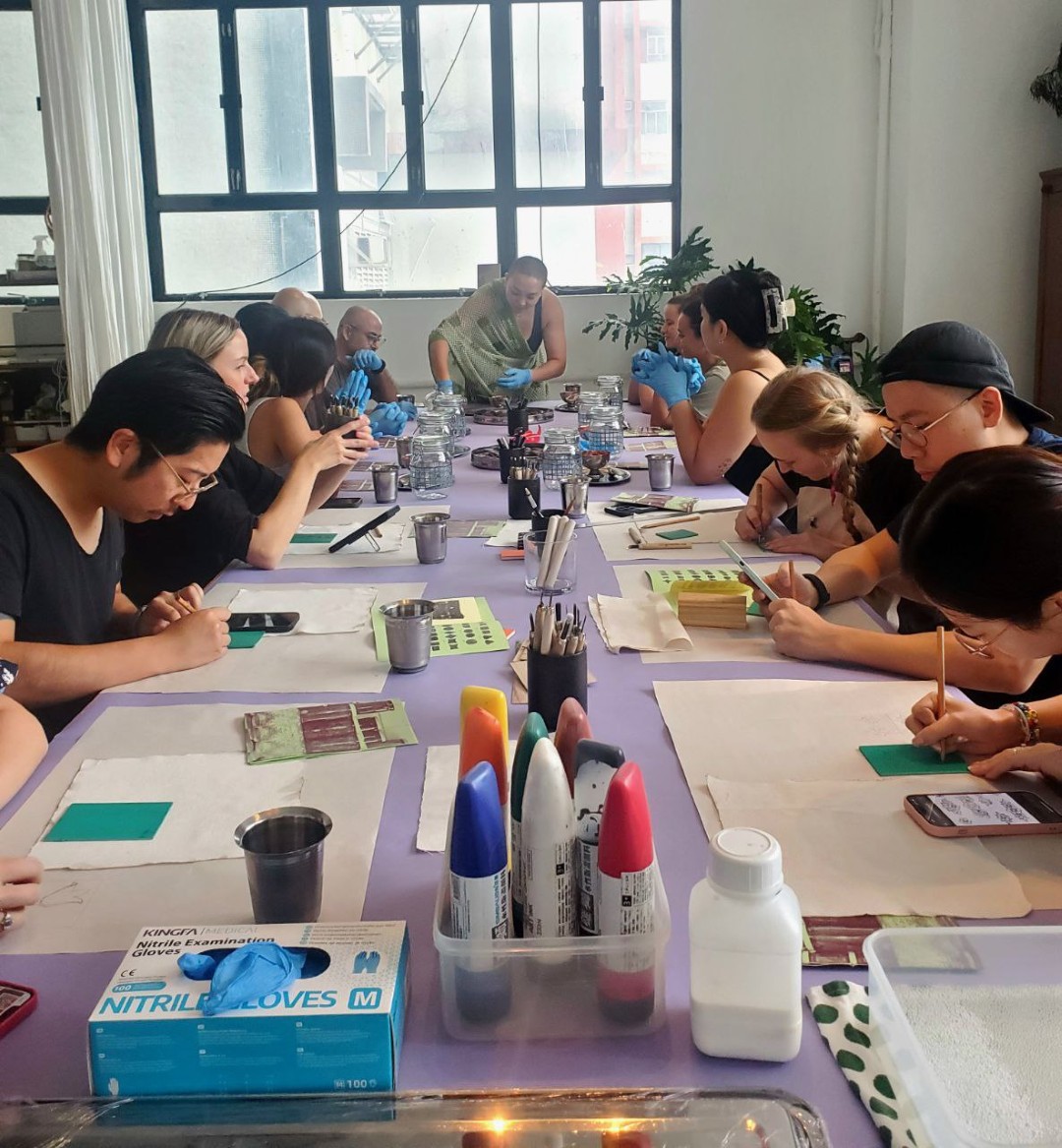
Where do you see common ground between the Levant and Asia?
There’s a long-shared history, going back to the Silk Road, trade, technology, ceramics, block printing, even spiritual traditions have flowed between our regions. I’m fascinated by the similarities in our proverbs and expressions of wisdom. These threads remind me that cultural bridges already exist, we just need to make them visible again.
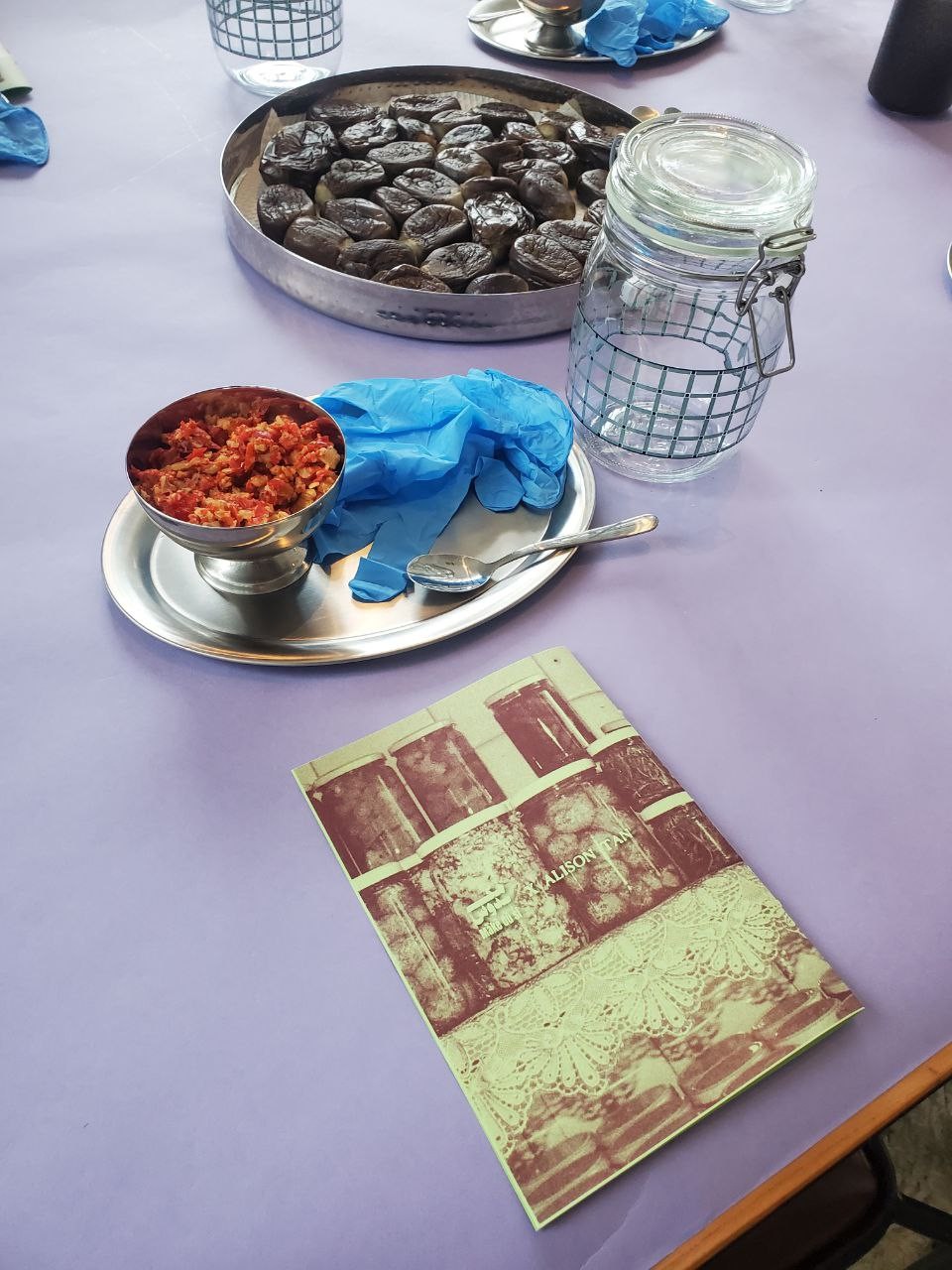
What challenges have you faced bringing Levantine culture to Hong Kong?
The biggest challenge is awareness. The word “Levant” is unfamiliar here, and the Middle East is often seen as a monolith, people don’t realize the diversity and richness of our histories. But interestingly, I haven’t encountered the same kind of bias or aggression you might find in the West. There’s a general curiosity in Hong Kong, and that gives me hope.
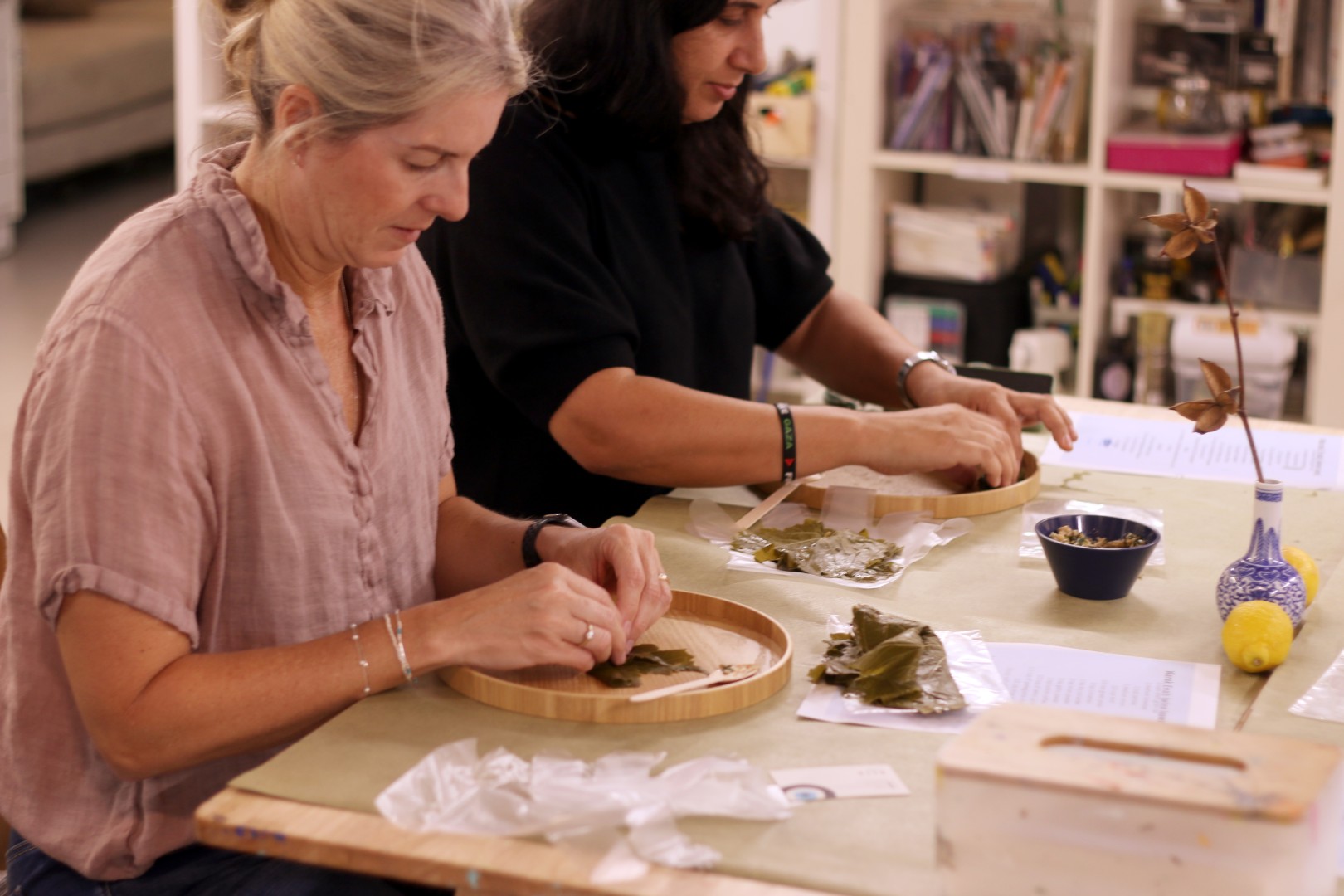
What kind of events have you hosted under Make Du Si?
We’ve done film screenings, dance performances, Levantine chef dinners, block-printing workshops, and even cooking classes focused on makdous and wark enab (stuffed grape leaves). It’s been amazing to see how tactile experiences, like food or printing, become powerful entry points into culture.
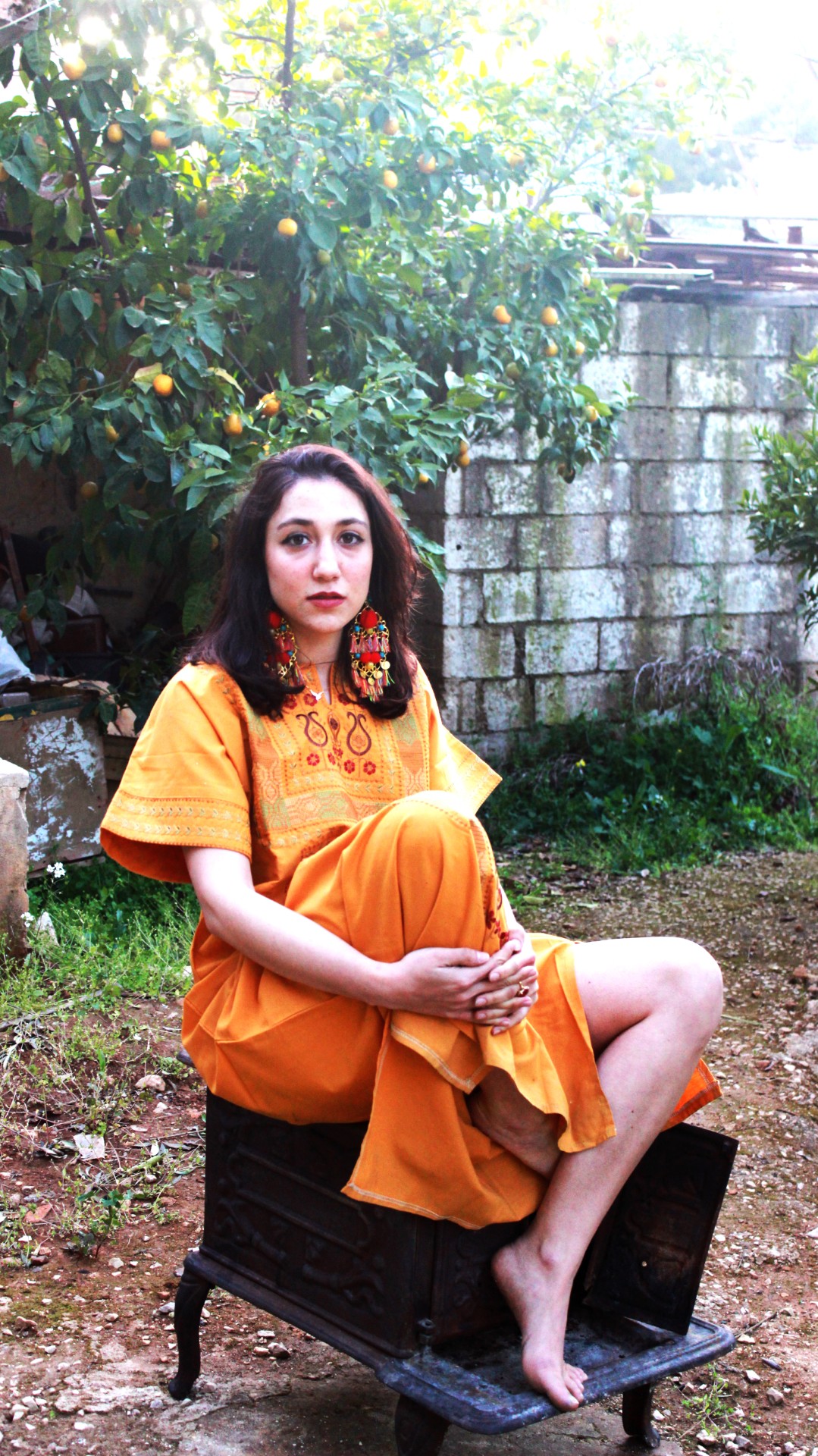
Do you still find time to focus on your own art?
It’s tough, especially when I’m preparing events. But I make sure to keep creating, even if it’s just sketching. Art is still at the core of everything I do, it’s how I process and express these complex identities.
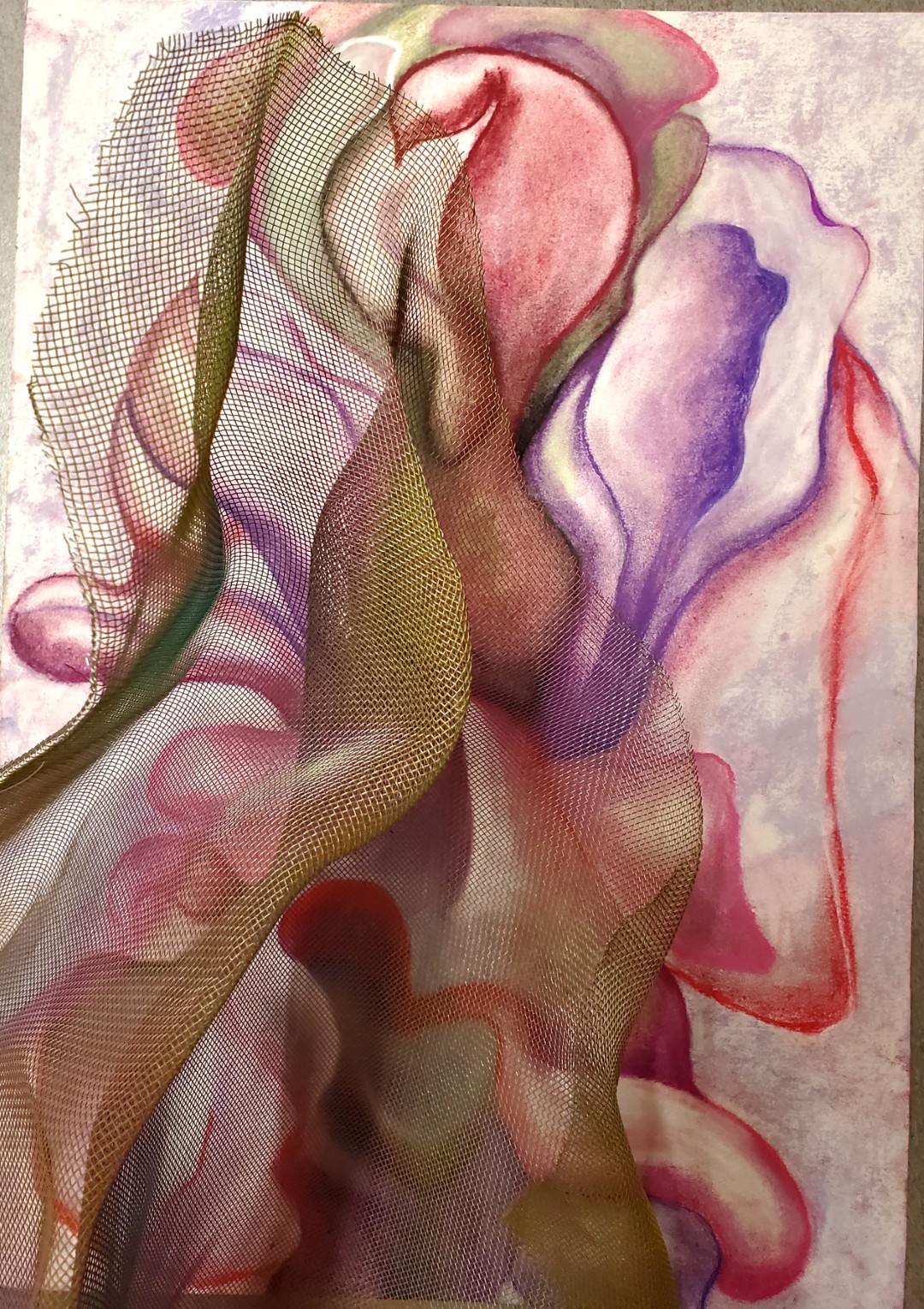
What’s next for you and Make Du Si?
I recently co-founded Medi, an online creative platform that connects Mediterranean cultures through storytelling and art. And I’m launching an e-commerce space for Make Du Si this summer, selling hand-crafted fashion and functional pieces from the Levant in Asia. Our next event is planned for September/October and will include a cyanotype printing workshop using plants, leaves, and seeds I’m bringing from Syria and Lebanon. My vision is to turn Make Du Si into a cross-cultural platform that brings Levantine artists of all disciplines to Hong Kong, because this city is too rich and diverse for our stories to be missing from it.
For more stories of art and culture, like this interview with Serine Debs on Make Du Si, be sure to follow our dedicated archives and follow us on Instagram.
